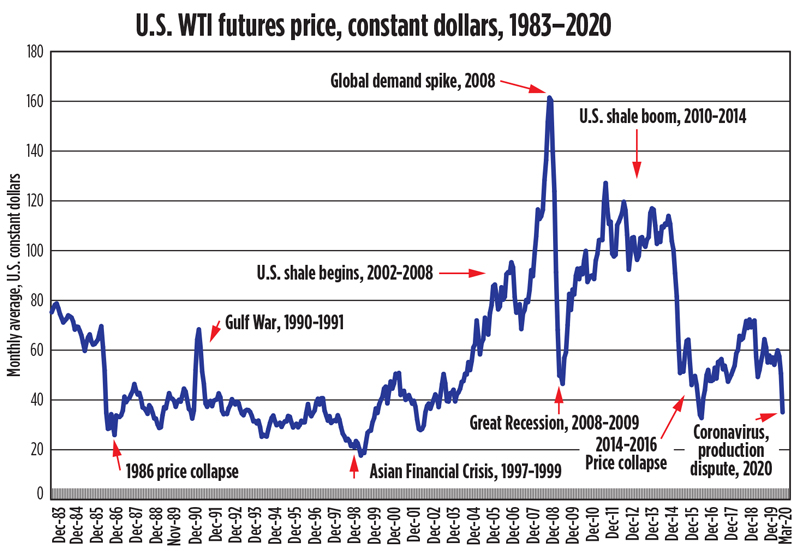GeographyDude
Gone Fishin'
It’s a masterful commercial! So much so that it might be hard to follow up with Act II.What about Dick Gephardt? He ran in 1988, narrowly winning Iowa before burning out. Could he have become the nominee, had he won the first contest decisively?
This ad of his was quite protectionist.
And instead of straight protectionist, I view it as more hardball and insisting that it be a 2-way street with South Korea.
—————
PS Gephardt was pro-life and then he switched to a more moderate position. Both of these will make it difficult for him politically.


